Author: Alex Bulley, University of Sydney
Only a few years ago, Australia was supporting much of China’s involvement in regional affairs. But with increasingly tense disputes in the South China Sea and the current COVID-19 pandemic, this has taken a different turn. Australia is now wary of China’s intentions in the region and as a result is leaning to a more traditional position as an ally of the US. But as Australia severs diplomatic ties with China, new opportunities for collaboration emerge.
It is in this context, that Australia can use the Quadrilateral Security Dialogue as a platform to voice national concerns and engage in strong coalition building from it’s position as a quintessential middle power.
Australia is uniquely positioned to solidify its status in the region as a true middle power, and there are many opportunities to coalition build with the nations of the Quadrilateral Security Dialogue. Australia has the opportunity to add to its diplomatic web, deeper bilateral relationships with other Quadrilateral nations, leveraging their ties to the US. There is the opportunity to stand against the economic sanctions placed on Australian exports by China and to do so with the support of countries such as the US and Japan. This will also generate opportunities to expand trade between Quadrilateral nations and minimise Australia’s dependency on China for trade.
We have already seen this among Quadrilateral nations. For example, Japanese Prime Minister Yoshihide Suga recently met with US President Joe Biden to discuss the development of high quality infrastructure, 5G networks and hydrogen power in the Indo Pacific to counter China’s Belt and Road Initiative.
In regards to Australia, there has recently been a stark change in tone signalling a shift in Australia’s foreign policy approach and active involvement with the Quadrilateral Security Dialogue. This shift, highlighted in the 2020 Strategic Update, has been compared to that of previous foreign policy and defence white papers such as that of the government of Prime Minister John Howard. What makes this comparison compelling is that both Prime Minister Howard and Prime Minister Morrison tend to side with the more conservative side of the Coalition, yet with different approaches.
Of course, there are policy parallels between Morrison and Howard. Both are strong advocates for the US alliance and both show a certain disregard for institutions like the UN. We saw this with Howard opposing a UN recommendation regarding the war in Iraq, and Morrison’s ‘negative globalism’ speech, as well as an increase in spending on intelligence after 9/11 and now the further increased defence spending released in the 2020 Strategic Update.
But where the contrasting qualities between the two leaders lie is in their understanding of Australia’s position regionally, that highlights the previously mentioned shift in policy direction from the past twenty years to a more direct focus within the Quadrilateral Security Dialogue. As highlighted in the 2020 Update, Morrison is understood to be more accepting of Australia’s middle power status and open to regional partnerships and coalition building. On the other hand, Howard’s stance regionally was generally more interventionist in a bilateral approach, even being nicknamed the ‘US deputy sheriff’ in the region.
Morrison’s regional centric approach can be noted in the 2020 Comprehensive Strategic Partnership with India. India is a country offering great opportunities for Australia in terms of trade and cultural exchange. We have seen a concerted effort by the Australian government to strengthen this relationship with Morrison noting that ‘India was a natural partner’. Similar comments have been made about Japan, with Morrison noting they ‘provided steadfast friendship and support’.
It is only a matter of time to see whether or not any benefits arise from these cordial conversations between Australia and fellow Quadrilateral Security Dialogue members. With a federal election looming, the government is slowly running out of time to make a solid stance on numerous regional issues throughout the Quadrilateral Security Dialogue.
One issue of particular importance is climate change and with a progressive climate change agenda now finding favour in the current Biden Administration, Australia as a close US ally is feeling pressure to bring about serious change in climate policy. The issue of climate change, and many more, have the potential to be an important electoral factors for both major political parties.
Alex Bulley is penultimate year undergraduate studying a Bachelor of Arts and Bachelor of Advanced Studies in Politics and International Relations at the University of Sydney.
